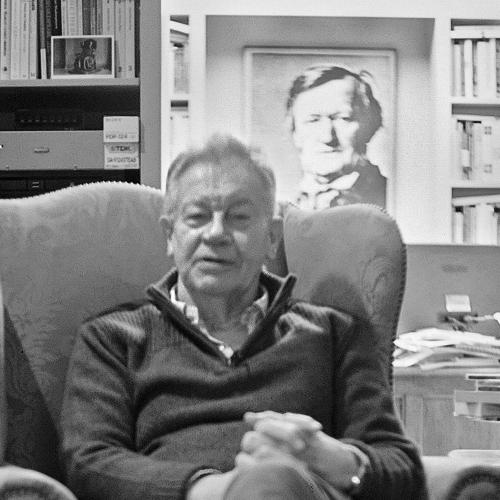COMPOSERS: Bruckner
LABELS: RCO Live
ALBUM TITLE: Bruckner
WORKS: Symphony No. 9
PERFORMER: Royal Concertgebouw Orchestra/Mariss Jansons
CATALOGUE NO: RCO Live RCO 16001 (hybrid CD/SACD)
Here are two magnificent accounts of Bruckner’s Ninth Symphony, one of the most difficult works in the repertoire to bring off in all its terrifying power. They are both led by high-profile conductors, but very different ones, and performed by great but very different orchestras, so the comparisons and contrasts might have been endless. Much to my surprise, the performances are remarkably similar for the first two movements; only in the third are there decisive differences, as flagged by the Royal Concertgebouw taking 20 minutes over it and the Staatskapelle Dresden taking 26. Happily neither includes any constructed version of the fourth movement, which Bruckner left in fragments but which various people have recently tried to make a whole of, with disastrous results.
The Ninth is the most radical of all Bruckner’s symphonies, astonishingly different as each is from the others. Its thematic material is so audacious that you need to hear it several times to grasp what it is, while its transitions are more abrupt and alarming than anywhere else. Both these (live) performances deliver a masterly account of this movement. In the demonic scherzo, which should be annihilating in its force, Mariss Jansons is slightly more powerful than Christian Thielemann. But what settles it is the devastating last movement, with its shatteringly dissonant climax – nothing in Mahler has this impact – and here Thielemann left me a prostrate supplicant for mercy, while Jansons only produces a striking effect. Only in Furtwängler’s one recording, from October 1944, have I been so awestruck. At last Thielemann convinces me he can be as great as his numerous admirers claim, and his orchestra, above all the individual woodwind, deserve a review to themselves. Seeing as well as hearing does help here, mainly to notice details which might otherwise pass one by. The cameras are handled with skill, reversing my view, sometimes, of what is the main material and what the accompaniment – the distinction, as in most great music, turns out to be invalid.
Michael Tanner
See full details of Christian Thielemann's recording of Bruckner Symphony No. 9 here.


